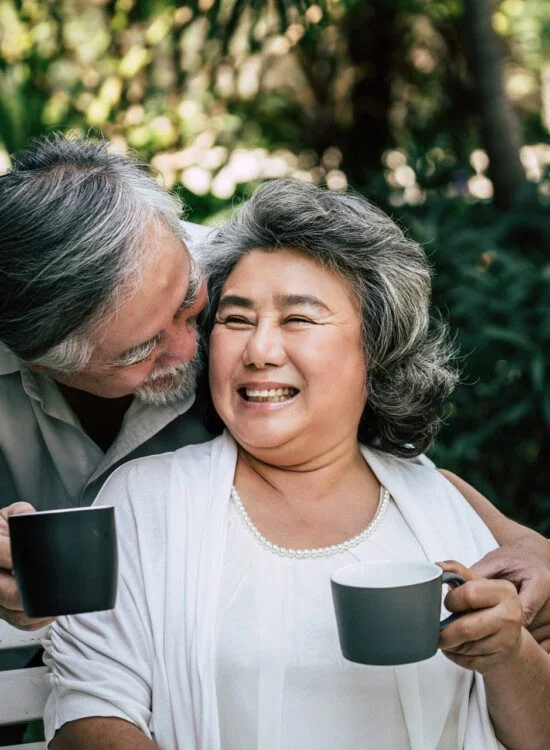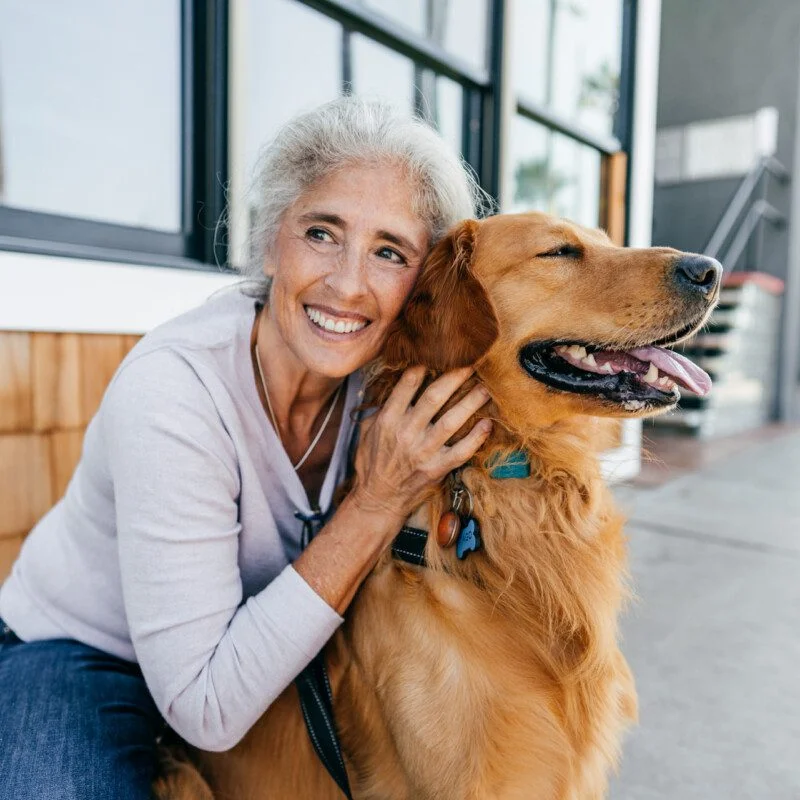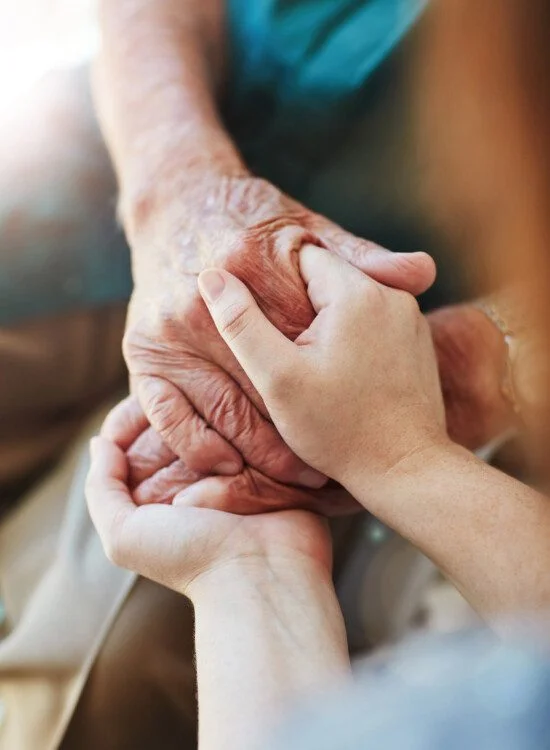Understanding Senior Living Lifestyle Options
Independent Living: A Lifestyle Built Around You
- Freedom from Maintenance: Let go of daily responsibilities like landscaping, repairs, and housekeeping while enjoying services like linen laundry and home upkeep.
- Amenities That Elevate Daily Life: Whether it’s an art studio, wellness center, or community lounge, the offerings here are crafted for enrichment, not obligation.
- Built-in Social Access: Opportunities to connect happen naturally, without compromising solitude or personal time.
- Wellness with Intention: Programs are tailored to support physical, emotional, and intellectual well-being.
Those looking for a lifestyle built around autonomy, access to a wider social setting, and relief from the responsibilities of home maintenance.
When touring or comparing communities, it helps to go beyond surface-level impressions. These questions can offer a more realistic view of independent living:
- Social & Cultural Engagement: “How does the community foster meaningful connections and shared experiences among residents?”
- Learning & Growth: “What types of programs support lifelong learning, personal enrichment, or skill development?”
- Lifestyle Autonomy: “Are there any activity or participation requirements for independent living residents?”
- Distinctive Amenities: “Which amenities do residents use most often—and how are they integrated into daily life?”

Assisted Living: Personalized Services That Support Daily Living

- Customized Care Plans: Look for individualized services that align with your preferences instead of preset routines.
- Environment That Supports Independence: Services should feel empowering and help you maintain autonomy with added confidence. Comprehensive
- Wellness Approach: Beyond medical support, the right environment encourages participation in fitness, creativity, and emotional well-being. Daily
- Connection Opportunities: The community should offer ongoing opportunities to build relationships and stay socially active.
Individuals who want to maintain or enhance their lifestyle with added support in daily routines, including:
- Assistance with bathing or grooming
- Medication reminders
- Mobility support
- Mealtime or nutrition help
These questions can help you understand how care is delivered, how privacy is maintained, and what daily life actually looks like.
- Team Training: “What qualifications and continuing education do care team members receive?”
- Activity Design: “How are programs tailored to the interests and energy levels of assisted living residents?”
- Dining Experience: “Are menus adaptable to personal preferences and dietary needs? What’s the atmosphere like during meals?”
- Resident Feedback: “In what ways can residents contribute input on services, programming, or schedules?”
- Health Support: “What health monitoring and wellness services are available on-site?”
Memory Care: Specialized Living for Cognitive Wellness
- Personalized Care: Programs should reflect each resident’s story, routine, and pace, rooted in familiarity and gentle structure.
- Safe, Stimulating Layouts: Environments should reduce anxiety and encourage movement, exploration, and autonomy.
- Innovative Therapies: Music, art, sensory engagement, and reminiscence-based programming all contribute to cognitive stimulation and well-being.
- Family Involvement: Look for transparent communication and invitations to participate—family is not just welcome, it’s integral.
Individuals living with Alzheimer’s or other forms of dementia who benefit from:
- Structured, calm daily rhythms
- Environments built to promote ease and safety
- Specialized therapies and cognitive engagement
- Skilled care teams with dementia-specific training
Use these questions to explore how a community approaches cognitive support, daily structure, and family involvement.
- Team Credentials: “What dementia care training do staff receive, and how often is it updated?”
- Engagement Strategy: “How are therapies selected and customized for each resident?”
- Family Participation: “How do families stay involved in care decisions, updates, and day-to-day moments?”
- Therapeutic Philosophy: “What’s the approach to honoring individuality in a memory care environment?”
- Communication Practices: “How does the community keep families informed and involved in real time?”

Skilled Nursing: Expert Clinical Oversight in a Residential Setting

- Medical Readiness: Seek communities with on-site clinicians experienced in both chronic and acute conditions.
- Individualized Care Planning: Residents benefit from assessments that adapt to changes and include input from families and physicians.
- Integrated Well-being: Beyond treatment, look for therapies that restore strength, mobility, and emotional wellness.
- Thoughtful Accommodations: Design, dining, and daily activities all contribute to a full living experience—even when clinical care is central.
Individuals requiring full-time nursing care or those managing:
- Post-operative recovery
- Chronic or progressive medical conditions
- Specialized therapies or clinical attention
These questions can help you evaluate the quality of care, the responsiveness of staff, and the overall experience of residents.
- Team Qualifications: “What expertise does the clinical staff bring? What’s the approach to ongoing education?”
- Care Customization: “How frequently are care plans reviewed—and how are they adjusted?”
- Integrated Services: “How are physicians, specialists, and therapists aligned across care plans?”
- Therapy Options: “What additional support—physical, occupational, or emotional—is available?”
- Quality of Daily Life: “What does a typical day look like for residents receiving skilled nursing care?”
Rehabilitation: Focused Recovery with Personalized Guidance
- Specialist-Led Sessions: Your recovery is guided by licensed physical, occupational, and speech therapists who tailor services to your goals.
- Custom Recovery Plans: Rehabilitation is never off-the-shelf. Your plan should reflect your personal history, progress rate, and recovery timeline.
- Holistic Recovery: Look for programs that include wellness, nutrition, emotional support, and physical therapy.
- Support Beyond Discharge: Strong programs provide transition planning and post-rehabilitation guidance to help you maintain your progress.
Those recovering from:
- Joint replacements or orthopedic surgeries
- Neurological events, such as stroke
- Extended illness, injury, or hospitalization
These questions can guide your understanding of therapy offerings, care coordination, and what to expect during recovery.
- Initial Evaluation: “How will my current abilities and goals be assessed at the start?”
- Treatment Options: “What types of therapies are available—and how are they integrated?”
- Progress Evaluation: “How is my improvement tracked? How are milestones measured?”
- Post-Therapy Support: “What kind of support or referrals are offered once formal rehab ends?”
- Continuity of Care: “How is care coordinated across rehabilitation and any other services I may need?”

The CCRC Advantage: Seamless Living for Every Stage
Choosing the Right Level of Care



